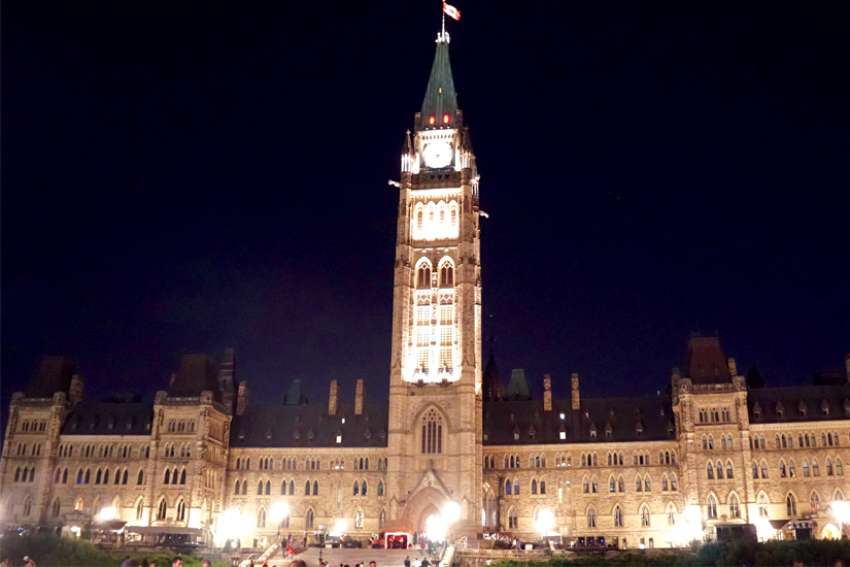Pain medication and other resources and procedures can be used effectively to medically assist people who are dying, but that is not what so-called MAiD involves. It means giving a lethal injection to people who are not dying, so that they will die.
Those who oppose euthanasia expressed concern in 2016, when it was first legalized, that once the state legally provided death for some, it would only be a matter of time before its criteria would be expanded. This was dismissed as a slippery slope argument; we were told that “safeguards” would protect the most vulnerable.
Now, less than four years later, we are far down the slope, and under this new legislation the criteria for euthanasia is being radically expanded.
If Bill C-7 is passed, those whose death is “reasonably foreseeable” will no longer need a 10-day reflection period before receiving a lethal injection. In Ontario, we allow cooling-off periods for gym memberships and new condominium purchases but the federal government doesn’t seem to believe a similar reflection period is necessary for euthanasia.
Also, under the proposed legislation, one will not need a terminal illness to be euthanized. Any serious incurable illness, disease or disability would render a person eligible for euthanasia.
This is distressing for many people who feel vulnerable and whose condition meets the criteria for lethal injection. People with disabilities already face substantial challenges relating to employment, housing, appropriate medical care and support. We should be alarmed that those who have struggled for decades to be treated with equality may well be pressured, whether from family, friends or even their own health care professionals, to “ease their burden” and end their lives.
Additionally, without any further study or direction from the courts, the new legislation would legalize euthanasia where consent is obtained by an advance directive. This is a new chapter of death on demand. Canada has cast aside restrictions at a far quicker pace than any other jurisdiction in the world that has legalized euthanasia.
In 2016, the government indicated that before any new legislation would be introduced, there would be a thorough five-year review of the impact of euthanasia in Canada — no such review has taken place. Our country is moving forward without such critical analysis, even though government data itself reports that since 2016 at least 13,000 people have died from lethal injection.
Where is the political will to push forward on palliative care for all Canadians? Only 30 per cent of Canadians have access to quality palliative care even though we know that pain and loneliness are among the biggest fears of those who are suffering. Palliative care can address these issues.
If all Canadians had access to quality palliative care, fewer would seek lethal injection. But instead of developing an overall culture of care, we are rushing towards death on demand. The same doctors who are trying to care for their patients will now be called on to endorse euthanasia for them.
We should take time to be truly present to those who may feel that they are on the margins in our community. Those who feel that their life no longer has value must be assured by all of us that this is absolutely not the case — there is dignity within each human life, not just when we are young, healthy and able, but even more so, when we are fragile and vulnerable.
All Canadians concerned about this legislation should contact their Member of Parliament to voice their concerns. It is up to every Canadian to foster a culture of care and love for one another.
The answer is not assisted death in its many forms; it is accompanying our family, our friends and even strangers to assist them in life, recognizing the inherent dignity of every person.
(This is an edited version of the official statement made Feb. 25 by Cardinal Collins, Archbishop of Toronto, on the introduction of Bill C-7)


